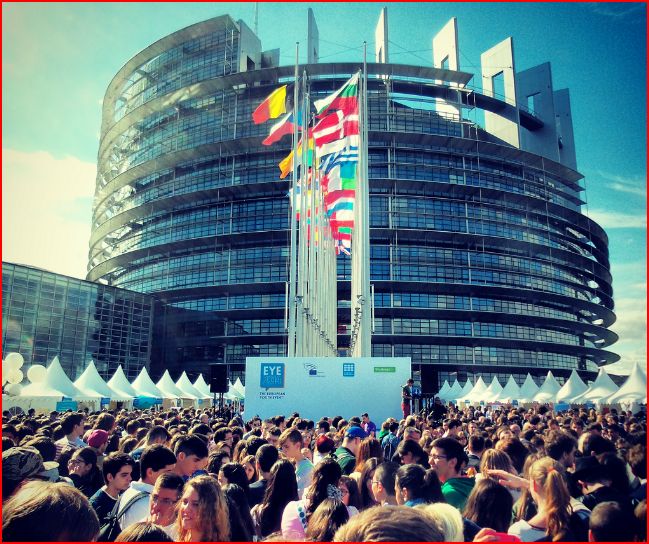Today, the European Commission has presented its evaluations on the financial resources, which have been raised for the European Fund for Strategic Investments (EFSI) until now. From the Commission’s perspective, the results of these evaluations justify a future extension of the EFSI. The EFSI is a key pillar of the European Commission’s initiative to promote investment. Under the auspices of the European Investment Bank (EIB), the EFSI provides financial support to private sector projects, which contain risks going beyond the ordinary EIB activities. The EFSI’s objective is to foster investment, thereby contributing to the economic as well as the social and ecologic development of the EU.
MEP Sven Giegold, financial and economic policy spokesperson of the Greens/EFA group commented:
“The Commission makes the second step before the first one when it comes to the EFSI. It is crucial to enhance investment, but the shortcomings of the EFSI must be fixed first. The Commission feeds a deficient investment fund. Thus, several issues merit criticism: The EFSI also supports unecological projects, which contradict the objectives of the Paris Agreement to tackle climate change. Therefore, the EFSI needs a clear adjustment towards sustainability. Moreover, the current features of the EFSI create strong windfall gains. This shortcoming must be abolished. Furthermore, the EFSI needs to provide much more comprehensive information, which expected impact projects receiving its support have on jobs and economic development.
The European Parliament must now ensure that the shortcomings of the EFSI are fixed as a first step, before its funding would be increased. Only a correction of the investment funds’ flaws merit its consistent increase. Enhancing investment is crucial to counter the structural weaknesses of many European regions and to promote ecological modernisation. Germany also has to increase its contribution to the extension of the EFSI. The current German contribution of €8bn just corresponds to the contributions of France or Italy. Germany should live up to its role as Europe’s strongest economy and increase its contribution to the EFSI.”

